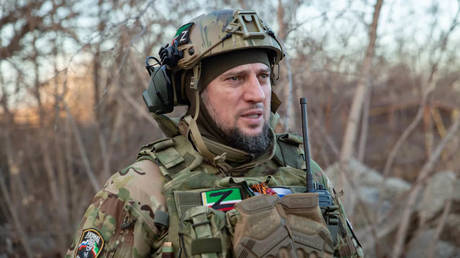The Holy War
by Julius Evola

Julius Evola explores the “holy war” in Islamic tradition and the distinction between the spiritual “greater holy war” and the physical “lesser holy war,” and their connection to overcoming the crisis of death.
This article was originally published in the journal Geist der Zeit (Spirit of the Time) in October 1939.
It should not be surprising if we primarily refer to the Islamic tradition. The Islamic tradition stands here in place of the Aryan-Iranian one. The idea of the “holy war” — at least concerning the elements to be considered here — came to the Arab tribes from Persian thought: it thus had the significance of a later renaissance of an ancient Aryan heritage and can be used from this perspective without hesitation.
With this preamble, the tradition in question distinguishes between two “holy wars,” namely the “greater” and the “lesser holy war.” This distinction originates from a saying of the Prophet, who, upon returning from a military campaign, said, “We have returned from the lesser holy war to the greater holy war.” In this context, the greater holy war belongs to the spiritual order. The lesser holy war, on the other hand, is the physical battle, the material war fought in the external world. The greater holy war is the struggle of a person against the enemies they carry within themselves. More precisely, it is the struggle of the supernatural element within a person against everything that is driven by instinct, passion, chaos, and subservience to the forces of nature. This is also the idea expressed in an ancient warrior wisdom text in the Bhagavad Gita: “By realizing what is beyond understanding, strengthen yourself through yourself and kill the enemy in the form of the hard-to-conquer desire.” The precondition for the inner work of liberation is that such an enemy is decisively defeated.
Within the framework of a heroic tradition, however, the lesser holy war — that is, the war as an external battle — only serves as a means through which the greater holy war can be realized. For this reason, in the texts, “holy war” and “path of God” often appear as synonyms. Thus, we read in the Quran: “Those who fight in the way of God — that is, in the holy war — are those who sacrifice the earthly life for the future: for he who fights in the way of God and is killed, or who conquers, we will reward greatly.” And further: “And those who are killed on God’s path — He will never let their deeds go astray. He will guide them and grant peace to their hearts. And He will lead them into Paradise, which He has made known to them.” Here, reference is made to physical death in battle, corresponding exactly to the so-called mors triumphalis — the “victorious death” — of classical traditions. Yet, the same teaching can also be understood symbolically.
Whoever has understood how to experience a “greater holy war” within the context of the “lesser” war has generated a power within oneself that enables one to overcome the crisis of death. However, even without being physically killed, one can experience a form of death through the discipline of action and combat, achieving an inner victory and realizing a form of “survival.” Esoterically interpreted, terms like “Paradise,” “Heavenly Kingdom,” and similar designations are, in reality, symbolic representations created for the people to illustrate transcendent states of consciousness that exist on a level higher than life and death.
(Translated by Heinrich Matterhorn)




